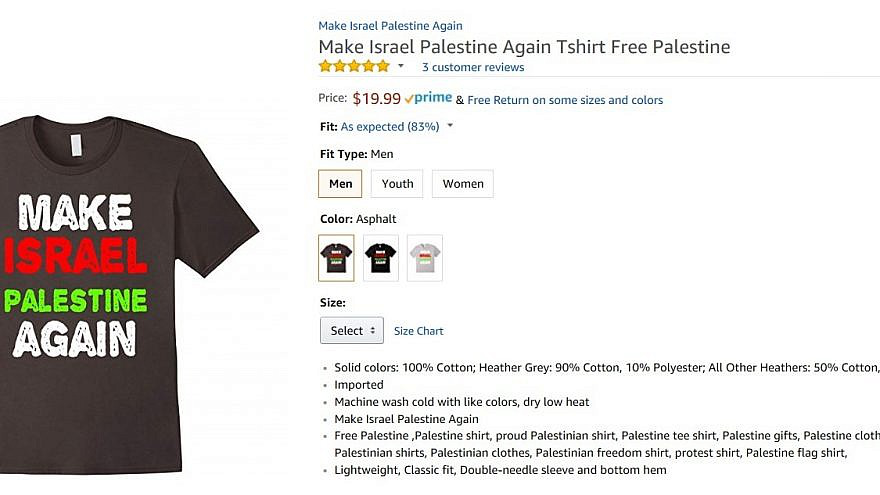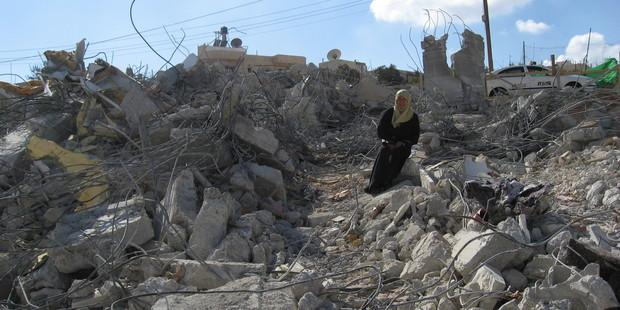Tag: Human Rights Watch
-
Amazon, Israel, and the Occupation of Palestine
As Amazon launches operations and deliveries in Israel, the e-commerce giant and its founder Jeff Bezos face increased scrutiny of their close ties with Israeli military, financial, and technology companies involved in the Occupation of Palestine, in addition to accusations of anti-Palestinian bias.
-
Judge blaming Rachel Corrie for her own death highlights Israel’s impunity, family says
By Jillian Kestler-D’Amours 28 August 2012 | Electronic Intifada, Haifa The Haifa District court ruled earlier today that the Israeli military is not responsible for killing American activist Rachel Corrie, and that Corrie was to blame for her own death. “Even when she saw the mount of earth moving towards her, she did not move…
-
Record number of Palestinians displaced by demolitions as Quartet continues to talk
13 December 2011 | Amnesty International Israeli authorities have stepped up unlawful demolitions in the West Bank including East Jerusalem over the past year, displacing a record number of Palestinian families from their homes, an international coalition of 20 leading aid agencies and human rights groups said today. The statement comes as the Middle East…


